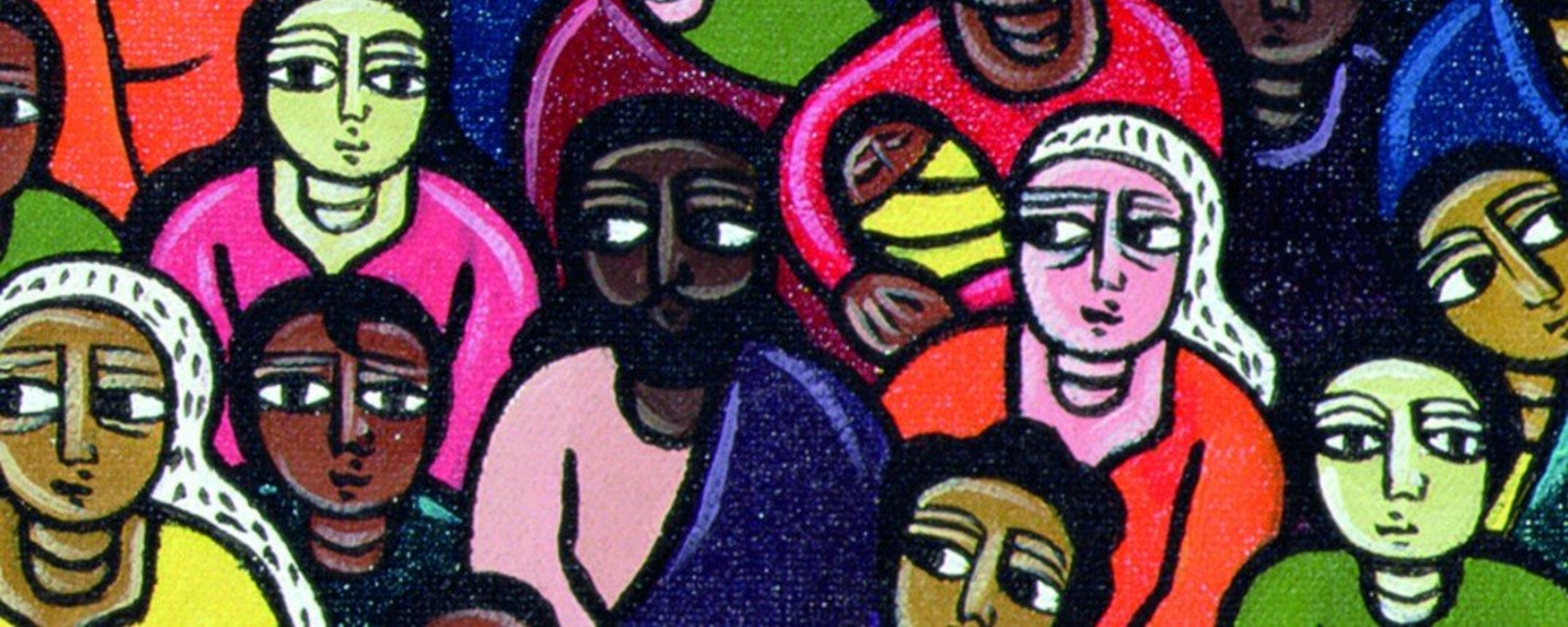
Master of Linguistics – MLing
Pursue your passion for linguistics with a Master’s programme that will equip you for a range of language-related careers.
MLing not offered in 2025
The Master of Linguistics programme—including the PGDipLing and PGCertLing—won’t be accepting new entrants in 2025. But we are hoping to open the programme again in 2026.
An alternative to the MLing is the Master of Applied Linguistics. If you choose this programme, you have the option of taking the Directed Research in Linguistics course (LING 420, 30pts) with one of our Linguistics staff members.
If you have any questions about studying Linguistics with us, email one of our future student advisers at info@vuw.ac.nz.
Find out who to contact for more information about the Master of Linguistics and how to apply.
Select your programme
Master of Linguistics
Entry requirements
Requirements for international students who studied in
Academic requirements for international students
To be accepted into this programme you will need:
To be accepted by the Programme Director as capable of proceeding with the proposed course of study.
Alternative entry path
- If you have a Bachelor’s degree (or equivalent) in a related subject, as determined by the Programme Director, there is an alternative entry path to the MLing programme. You first need to get a B+ or higher grade in LALS 401, which runs in Trimester 3. The points from LALS 401 will then count towards the 180 points of the MLing.
Important information
- If you want to enrol in this programme but don’t meet some of the entry requirements, you should contact the programme director to discuss your options.
- For more programme details and requirements, see the University Calendar. It’s an annual publication and an authoritative source for planning your degree.
Key dates
If you are studying at Te Herenga Waka—Victoria University of Wellington for the first time, or moving from the English for Academic Purposes (EAP) to degree study, you must attend International Orientation and Enrolment prior to the start of your programme. Make sure you check the orientation dates for your programme.
Estimated international fees for
How to apply as an international student
Before you apply, make sure you can meet the entry requirements and cover your fees and costs. It’s free to apply. You’ll only need to pay tuition fees once you have confirmed that you will study here.
1. Check key dates and apply early
You can start applying at any time, but there is an application deadline for each trimester.2. Prepare your documentation
As part of your application, you’ll need to provide:- a certified copy of your passport (the personal details page)
- evidence of your proficiency in English (if required)
- a certified copy of your official academic results
- a curriculum vitae (CV)
- a document explaining what you hope to gain from the programme and why you think you should be accepted.
3. Apply now
4. Wait for confirmation
We’ll send you an email, usually within a week, to confirm we’ve received your application.If you are accepted to study, we’ll email you an Offer of Place that guarantees you entry to your chosen programme. In some cases your Offer may have conditions that need to be met before your entry is guaranteed. We’ll then tell you what you need to do next.
If you don’t receive a confirmation email within two weeks of submitting your application, or if it’s been more than four weeks since you were notified that your application was received, contact us.
If you want to start planning your study, find out what you need to do to get ready to study in Wellington.
Other programmes
Postgraduate Diploma in Linguistics
Postgraduate Certificate in Linguistics
Programme contacts
As an international student, you should contact Wellington University International with any questions about studying at this university. Wellington University International will also process your application. If you have a query about programme or course content, you can contact one of the academic or school staff below
Victoria Chen, Programme director
- victoria.chen@vuw.ac.nz
- +64 4 463 5616
- VZ 302, Von Zedlitz Building, 26/28 Kelburn Parade, Wellington, 6012
Previous
People

